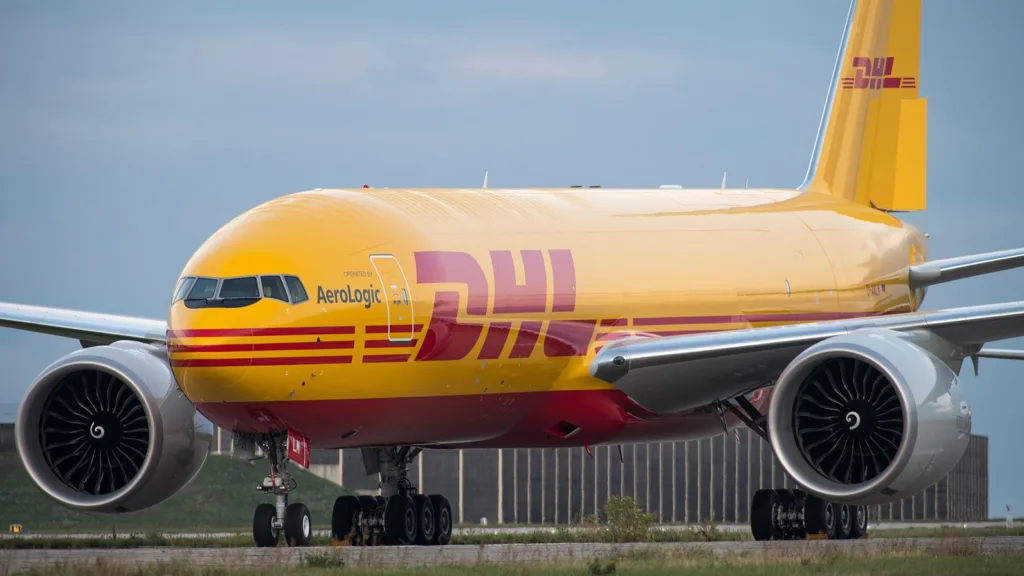Neste, ISCC, and DHL Group have teamed up to innovate and trial a novel system that enables airlines, logistics providers, and end users to credibly document emission reductions achieved by adopting sustainable aviation fuel (SAF) to minimize their carbon footprint. In this partnership, the companies piloted the ISCC Credit Transfer System, which was developed by ISCC, an independent non-profit organization with a strong history in supply chain certification.
This newly created system offers complete transparency for SAF transactions and their associated sustainability benefits. It guarantees that companies purchasing SAF and airlines using this fuel can genuinely and openly assert emission reductions, thus contributing to their climate targets. Simultaneously, it diminishes the risk of incorrect sustainability claims and double-counting SAF volumes and their associated greenhouse gas emission reductions. During the development process, ISCC collaborated closely with key stakeholders in the aviation sector. The system aligns closely with the requirements outlined in the Science Based Targets initiative’s (SBTi) aviation guidance for SAF use in addressing an organization’s value chain (Scope 3) emissions.
Neste, a leading SAF producer, collaborated with ISCC and DHL Group, a prominent logistics brand, to test the system earlier this year. For DHL Group, SAF plays a crucial role in achieving its 2030 SBTi-approved decarbonization goal and 2050 net-zero target, with a target of 30% SAF use by 2030.
The pilot phase included processing the first SAF transaction through the system:
- Neste utilized one of its ISCC EU-certified SAF deliveries to DHL Group’s airline EAT, registering the environmental attributes of the SAF volumes, including the achieved emission reductions, as “credits” in the ISCC registry.
- This allowed EAT to claim a reduction in its direct emissions (Scope 1), and the corresponding Scope 1 credit was retired to ensure it couldn’t be used again. The Scope 3 credit for the reduction in indirect emissions was transferred to DHL Group’s registry account.
- DHL Group, as part of its GoGreen Plus lower-emission transport services, was able to credibly verify emission savings in its customers’ value chain Scope 3 emissions and subsequently retired the SAF credit.
This systematic approach through the registry, based on ISCC’s defined rules, ensures complete traceability of SAF transactions and their associated environmental benefits, while preventing erroneous double counting of emission reductions along the value chain. Following the successful pilot of the ISCC Credit Transfer System, it is now ready for public consultation and can be used by all companies, including airlines, logistics providers, and corporate end-users, seeking credible and transparent reporting of emission reductions from SAF usage.
Sustainable aviation fuel (SAF) is widely recognized as a pivotal solution for achieving the aviation industry’s objective of achieving net-zero carbon emissions by 2050. By adopting SAF for their business flights or transportation needs, companies can reduce their greenhouse gas emissions associated with aviation. This increased demand, which goes beyond regulatory requirements, can also stimulate the expansion of SAF production.
